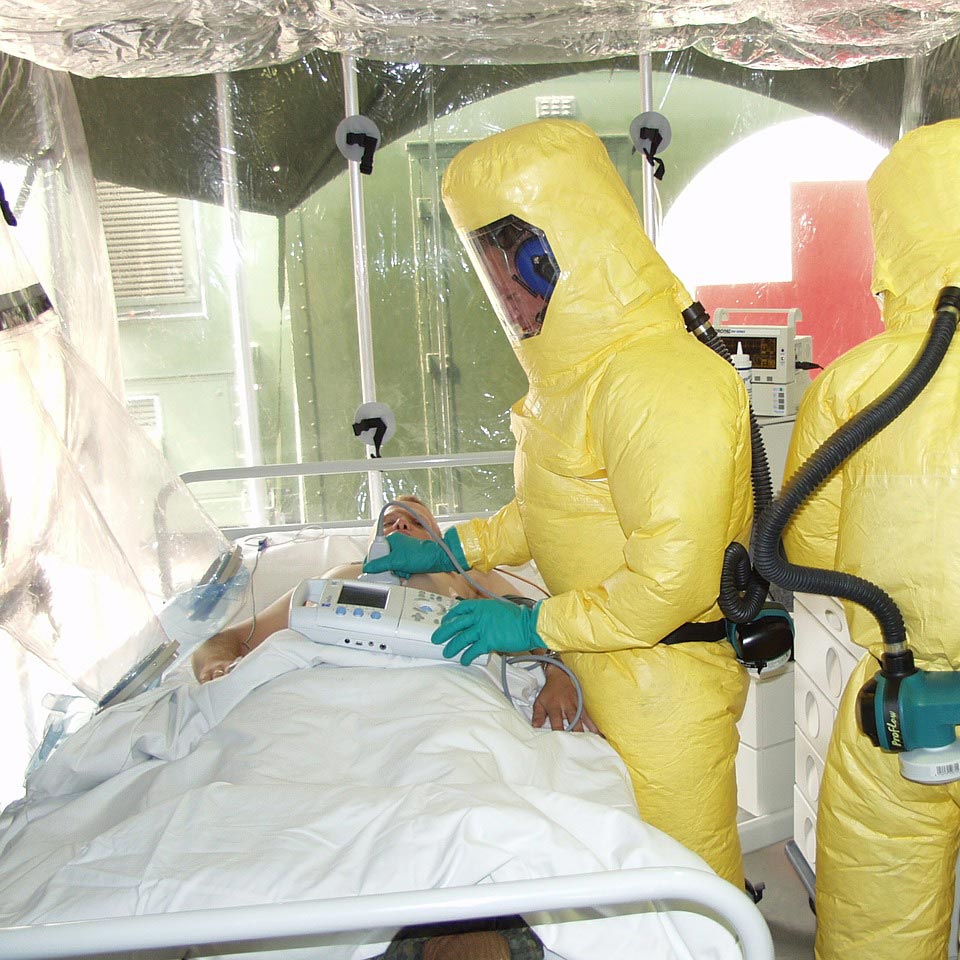Biosecurity and Biosafety: Perspectives from the Middle East and Africa

Africa and the Middle East are not often in the news for advances in public health. Outbreaks of Ebola, MERS-CoV, and other infectious diseases often steal global headlines perpetuating a stereotype that misrepresents current efforts to improve human and animal health in these regions. One effort that we can consider is the work of biosafety organizations. There are an increasing number of biosafety organizations in Africa and the Middle East, each striving to improve public health within their countries by raising awareness of the importance of biosafety and biosecurity. With the 59th conference of the American Biological Safety Association less than two days away, I take a look back at some conversations I had with leading biosecurity experts in these regions at the association’s 58th conference. During our discussions, they shared personal stories about the impacts of biosafety in their countries and the role that they hope biosafety will play in creating a healthier world for future generations. Dr. Amjad Mahashneh, Dr. Atef Al Gendy, and Dr. Djibril Sangare are reminders that despite common perceptions, Africa and the Middle East are taking incredible strides to improve biosafety and biosecurity.
Biosafety
“[Biosafety] should be part of every institution or organization that carries out research.” – Dr. Amjad Mahasneh
Dr. Amjad Mahasneh is an Associate Professor of Biochemistry and Molecular Biology at Jordan University of Science and Technology. Dr. Mahasneh has been working hard to increase awareness of biosafety and security in Jordan by training lab technicians and others within the country and abroad.
Training
“We need to teach our family, friends, and colleagues about biosafety. The need for training is huge.” – Dr. Atef Al Gendy
President of the African Biosafety Association, Dr. Atef Al Gendy knows all too well the risks of poor biosafety and biosecurity practices. After a harrowing experience involving the injury of a lab janitor, Dr. Al Gendy made securing better training and professional development for anyone with laboratory access a top priority.
International Cooperation
“What we are seeing will be a cascade training – a net in the water – to establish international collaborations about Biosafety.” – Dr. Djibril Sangare
Working as the head of the Molecular Entomology and Vector Bioinformatics unit at the University of Bamako’s Malaria Research Institute in Mali, Dr. Sangare has grown to understand how important international cooperation is in promoting and implementing effective biosafety and biosecurity practices. With 11 national biosafety associations across Africa, Dr. Sangare hopes to see that international networks serve to coordinate and amplify efforts to improve biosafety and biosecurity on the continent.



